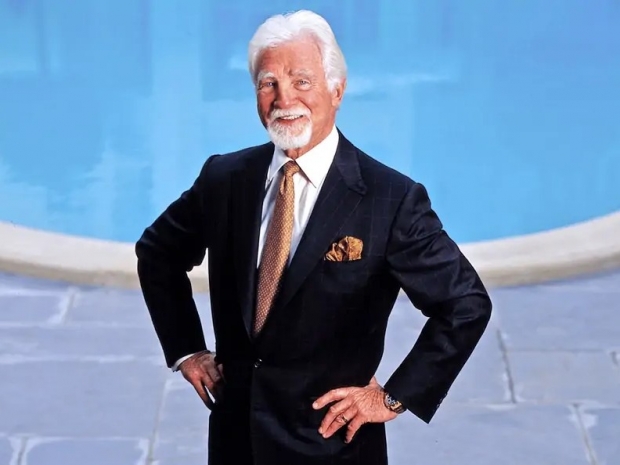Third Point Chief Executive Daniel Loeb wrote to Intel Chairman Omar Ishrak calling for immediate action to boost the company’s position as a major provider of processor chips for PCs and data centers. The New York-based fund has amassed a nearly $1 billion stake in Intel, according to people familiar with the matter.
If Intel listens, Third Point’s push for changes could lead to a major shakeup at Intel, which has been slow to respond to investor calls to outsource more of its manufacturing capacity. It could also lead to the unwinding of some of its acquisitions, such as the $16.7 billion purchase of programmable chip maker Altera in 2015.
Intel’s most urgent task was addressing its “human capital management issue”, as many of its talented chip designers have fled, “demoralised by the status quo”, Loeb wrote in the letter.
Intel has lost its pole position in microprocessor manufacturing to TSMC and Samsung, Loeb wrote.
Intel is losing market share in its core PC and data center markets to AMD and Nvidia is dominating computational models used in artificial intelligence applications, while Intel has been largely absent in this nascent market, according to the letter.
“Without immediate change at Intel, we fear that America’s access to leading-edge semiconductor supply will erode, forcing the US to rely more heavily on a geopolitically unstable East Asia to power everything from PCs to data centres to critical infrastructure and more”, Loeb wrote.
Loeb asked Intel to retain an investment adviser to evaluate strategic alternatives, including whether it should remain an integrated device manufacturer and the potential divestment of failed acquisitions, according to the letter. Third Point believes that Intel should consider separating its chip design from its semiconductor fabrication plant manufacturing operations, according to the sources. This could include a joint venture in manufacturing, according to sources.
Intel customers, such as Apple, Microsoft and Amazon, are developing their own in-house silicon solutions and sending those designs to be manufactured in East Asia, Loeb wrote. He suggested Intel must offer new solutions to retain these customers rather than have them send their manufacturing away.




